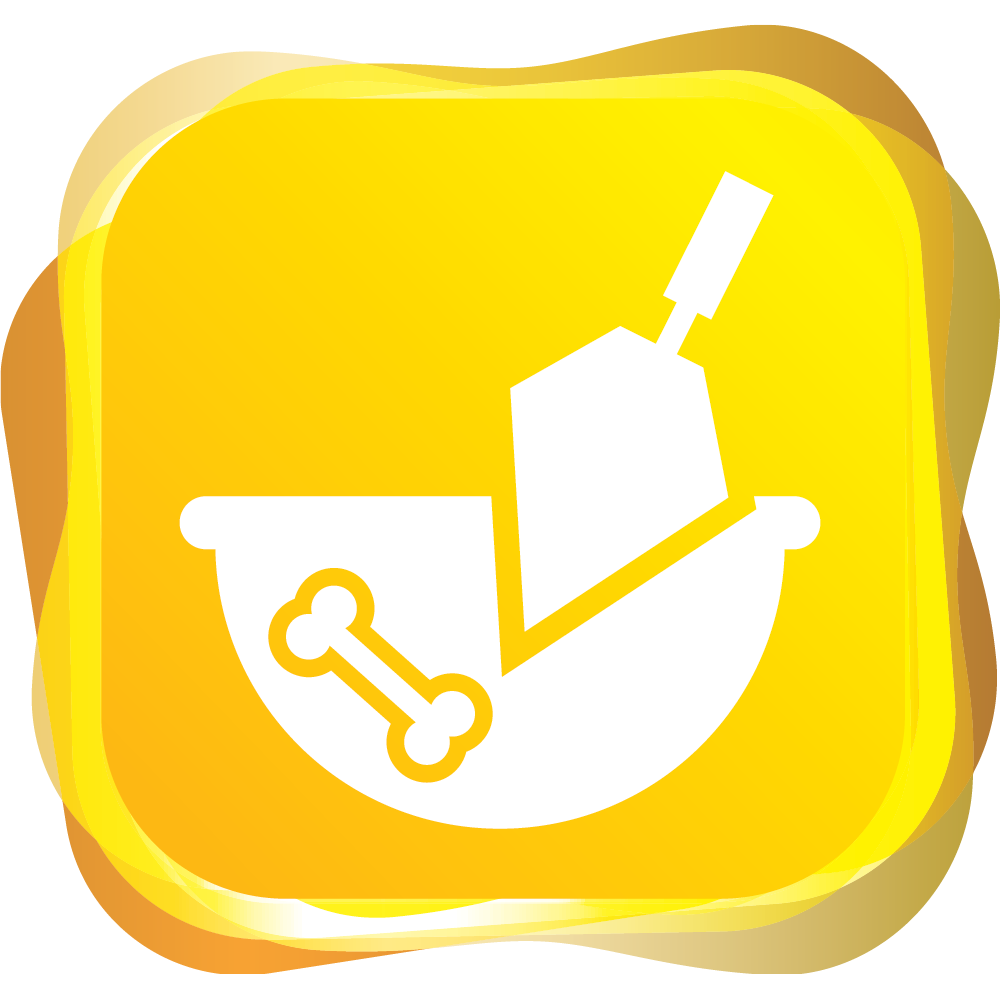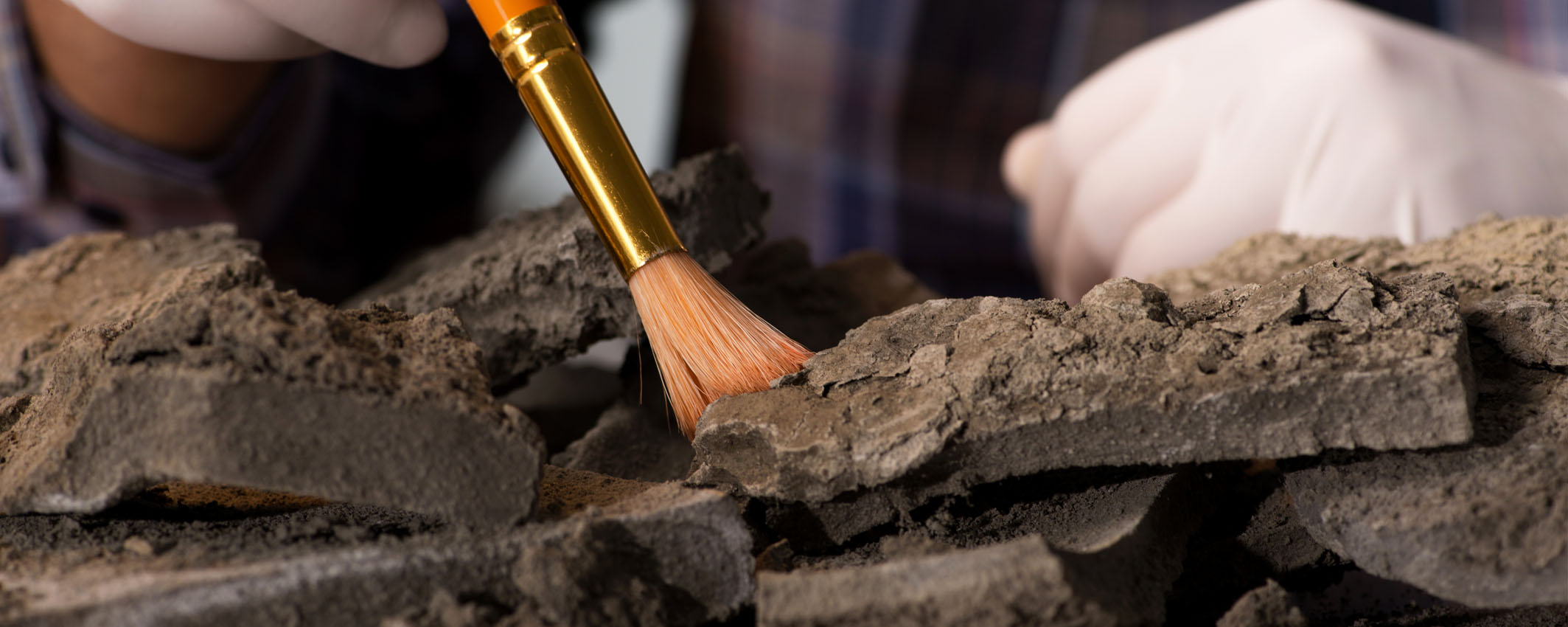 |
CCHU9080 Arts and Humanities
|
[This is a certified Communication-intensive (Ci) Course which meets all of the requirements endorsed by HKU’s Senate, including i) the teaching and assessment of visual and digital communication ‘literacies’; and ii) at least 40% of the course grade assigned to communication-rich assessment tasks.]
Course Description
Things are all around us. Why is “stuff” so vital in human life and society? Our existence is mediated by the tangible world around us, through the interface of our bodies and senses. The things we interact with may hold emotional significance, or may disappear into the background, but they always impact everything we do, from the smallest pin holding up our clothes to the landscapes through which we move. Because some things created or modified by past humans have survived until today, they can open a window on these people, helping us explore how we became who we are and who we will become. The archaeologist’s goal is to excavate, examine, and analyze the stuff of the past to understand our own and others’ lived experiences. This class will work together to explore the past and its relationship to the present – while simultaneously considering the things in our own daily lives. Using a broad interdisciplinary toolset, accessible to students from all majors, we will examine the ethical implications of how we treat our old things today and reflect together on reconstructing the past for the present. Let’s get thinking about things!

Course Learning Outcomes
On completing the course, students will be able to:
-
- Recognize and assess the various important roles material things play in human daily life and society.
- Articulate in oral, visual, and in written form how archaeology helps us understand past societies and preserves and presents ancient things.
- Critically analyze societies, both local and global, by applying the outsider’s perspective we use to study the past.
- Evaluate emerging digital methods for interacting with ancient objects while gaining simple experience with the technologies.
Offer Semester and Day of Teaching
Second semester (Wed)
Study Load
| Activities | Number of hours |
| Lectures | 24 |
| Tutorials | 10 |
| Reading / Self-study | 20 |
| Assessment: Essay / Report writing | 20 |
| Assessment: Individual assignment | 30 |
| Assessment: Group project (incl preparation, report writing and presentation) | 30 |
| Assessment: Peer evaluation | 2 |
| Total: | 136 |
Assessment: 100% coursework
| Assessment Tasks | Weighting |
| Participation in classroom activities | 25 |
| Case analysis | 20 |
| Individual mini-project | 25 |
| Group project | 25 |
| Peer evaluation | 5 |
Required Reading
Week 2
- Price, T. D., & Knudson, K. J. (2018). Principles of archaeology (2nd ed.). Thames & Hudson Limited. [Selections from Chap. 1 “An Introduction to Archaeology” (pp. 20-31)]
Week 3
- Latour, B. (1992) Where are the missing masses? The sociology of a few mundane artifacts. In W. E. Bijker & J. Law (Eds.), Shaping Technology/Building Society: Studies in Sociotechnical Change (pp. 151-180). Cambridge, MA, MIT Press. From http://www.bruno-latour.fr/sites/default/files/50-MISSING-MASSES-GB.pdf [Selections from the article (pp. 153-163, 174-175)]
- Catholic Distance University. (2018). Aristotle: Matter, Form and The Four Causes. From https://www.youtube.com/watch?v=XGhlicKRA6c
- Catholic Distance University. (2018). Plato’s Theory of Forms. From https://www.youtube.com/watch?v=GomBRk6dL2Y
Week 4
- Renfrew, C., & Bahn, P. (2015). Archaeology Essentials. [Selections from Chap. 2 “What is Left?” (pp. 39-51)]
Week 5
- Renfrew, C., & Bahn, P. (2015). Archaeology Essentials. [Selections from Chap. 4 “When?” (pp. 107-114, 116-125)]
- Bhambri, S. (2016). How To… Do Photogrammetry For Archaeology (Part 1). DigVentures. From https://digventures.com/2016/05/how-to-do-photogrammetry-for-archaeology-part-1/
Week 6
- Lucasfilm Limited. (2010). Trailer of Indiana Jones and the Adventure of Archaeology. From https://www.youtube.com/watch?v=jkdcHArwczY
- National Geographic. (2011). The Exhibition of Indiana Jones and the Adventure of Archaeology. https://www.youtube.com/watch?v=8dFbx0oH1Os
- Pyburn, K. A. (2009). Practising archaeology—as if it really matters. Public Archaeology, 8(2-3).
Week 7
- Liang, J. (2021). Mixing Worlds: Current Trends in Integrating the Past and Present through Augmented and Mixed Reality. Advances in Archaeological Practice, 9(3), 250-256. From https://doi.org/10.1017/aap.2021.16
- Roosevelt, C. H., Cobb, P., Moss, E., Olson, B. R., & Ünlüsoy, S. (2015). Excavation is Destruction Digitization: Advances in Archaeological Practice. Journal of Field Archaeology, 40(3). From http://doi.org/10.1179/2042458215Y.0000000004 [Introduction, Recent Work, Implications, Conclusions (pp. 325-329, 339-345)]
Week 8
- Penn Museum. (2018). From Bronze to Iron. From https://www.youtube.com/watch?v=_DPDdEQ5mzw [Video about metal]
- Sillar, B. & Tite, M. S. (2000). The Challenges of ‘Technological Choices’ for Materials Science Approaches in Archaeology. Archaeometry, 42(1). [pp. 2-11, 17]
Week 9
- Penn Museum. (2019). Sherd Nerds! From https://www.youtube.com/watch?v=5mHX9M3g6Ek [Video about ceramics]
- Price, T. D., & Knudson, K. J. (2018). Principles of archaeology (2nd ed.). Thames & Hudson Limited. [Selections from Chap. 11: Ceramic Analysis (pp. 245-251, 254-262)]
Week 10
- Laneri, N. (2007). Introduction: An Archaeology of Funerary Rituals, in Performing Death. University of Chicago Press. [pp. 1-13]
- Penn Museum. (2018). The 99%. From https://www.youtube.com/watch?v=H73SDvoUoTM
- PBS Newshour. (2018). Rescued or seized? Greece’s long fight with UK over Parthenon Marbles. From https://www.youtube.com/watch?v=_q_anSjKpIM [Video on the Parthenon Marbles]
- Price, T. D., & Knudson, K. J. (2018). Principles of archaeology (2nd ed.). Thames & Hudson Limited. [Selections from Chap. 16: Responsibilities (pp. 360-377)]
Course Co-ordinator and Teacher(s)
| Course Co-ordinator | Contact |
| Professor P.J. Cobb School of Humanities (Art History), Faculty of Arts |
Tel: 3917 7309 Email: pcobb@hku.hk |
| Teacher(s) | Contact |
| Professor P.J. Cobb School of Humanities (Art History), Faculty of Arts |
Tel: 3917 7309 Email: pcobb@hku.hk |

